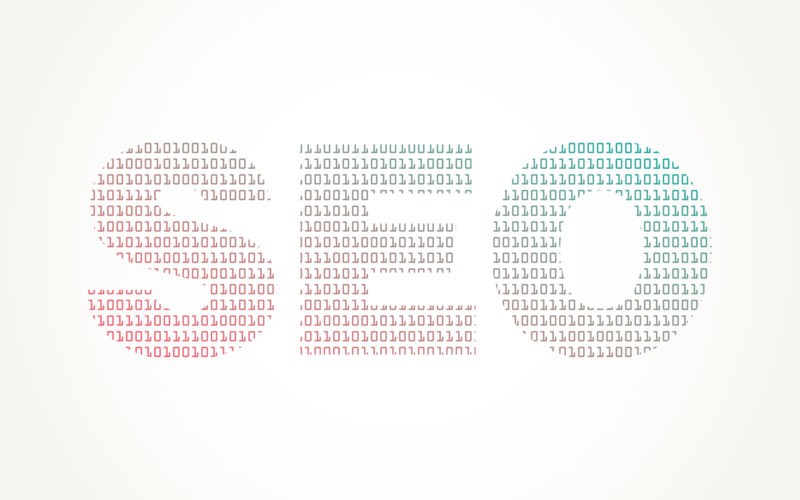Data protection remains a top priority across industries. A company’s reputation increasingly depends on its ability to safeguard consumer data. As data breaches continue to rise, organizations must remain hyper-vigilant.
A Verizon 2025 Data Breach Investigations Report showed a rise in cyberattacks after assessing more than 22,000 security events (including 12,195 confirmed data breaches). It was found that ransomware attacks had risen by 34% from the previous year and were seen in 44% of breaches. Other studies on data privacy have found that nearly half of data breaches include customer names, email addresses, and passwords. As Sam Bowman detailed in a data-driven workforce post, data has become central to decision-making in companies at every level. In order to safeguard consumer data, companies are investing in data management systems with robust security measures. In this post, we will look at how the two most widely used databases safeguard consumer data.
Relational Databases and NoSQL Databases
Relational databases and NoSQL databases are the two most popular databases, with relational databases being the most widely used. A relational database stores data in a structured format, usually in tables, rows, and columns that represent records and attributes. The data in relational databases is related to each other, allowing for the easy retrieval of data across different tables. Relational databases are widely used across industries to store consumer data because they excel at handling large volumes of structured data, such as transactional processing, inventory management, and applications where data consistency is vital.
NoSQL databases store data differently from relational tables, as they come in a variety of types based on their data model. Unlike relational databases, they can store unstructured data, such as text documents, images, videos, and audio files. As 80% of all data is unstructured, NoSQL databases have become increasingly popular. MongoDB explains that NoSQL databases are used in nearly every industry, for real-time analytics, content management, IoT applications, recommendation systems, fraud detection, and product catalog management. While this ability to be used in numerous use cases is beneficial, it has also made NoSQL databases more vulnerable.
This is why one area that both relational and NoSQL databases have in common is that they both have strong safeguards that protect consumer data.
How These Databases Safeguard Consumer Data
Encryption
One of the strongest safeguards of consumer data is encryption. Both relational and NoSQL databases use encryption to protect sensitive data, although they do so in different ways. Relational databases will often have an integrated encryption feature that provides tools for protecting data at rest (on disk) and data in transit (between client and server). Because NoSQL databases offer greater flexibility in how they store data, many NoSQL databases use application-level encryption. This is where developers encrypt sensitive data within their applications before it’s stored in the database. Like relational databases, NoSQL databases use encryption to protect data at rest and data in transit.
Regular Audits
Auditing databases ensures data integrity, security, and compliance, and each database needs to be audited according to its specific characteristics. Relational databases are designed to be ACID (Atomicity, Consistency, Isolation, and Durability) -compliant, and transactions are handled in a way that ensures data integrity. An audit for a relational database will focus on verifying that these properties are maintained and effectively safeguarding the consumer’s data. A feature on Securing NoSQL Databases highlights how NoSQL databases will be equipped with auditing and monitoring capabilities to track any suspicious or unauthorized activities. These logs are invaluable for identifying security breaches and ensuring compliance with security policies.
Regular Updates
Technology moves fast, and in order to safeguard consumer data, data management systems are regularly updated with the latest security enhancements. This will include implementing the latest firewalls, antivirus software, and other security tools to protect the systems, as well as regularly backing up the data. NoSQL databases are not as secure as relational databases because the absence of a fixed schema can make it harder to implement and maintain access control policies. This requires a NoSQL database to be updated more regularly than a relational database to patch vulnerabilities.
With Forbes reporting that the amount of data generated and stored globally is estimated to be 120 zettabytes, the ability to safeguard data is of vital importance to all industries. This is why companies invest in relational and NoSQL databases with strong safeguarding features to protect consumer data.
Key Takeaways
As data volumes grow and threats evolve, safeguarding consumer data is more critical than ever. Both relational and NoSQL databases offer powerful tools — from encryption and auditing to regular security updates — that help companies stay ahead of breaches and regulatory demands. By investing in robust data management systems, businesses can protect consumer trust and ensure long-term resilience in a data-driven world.












